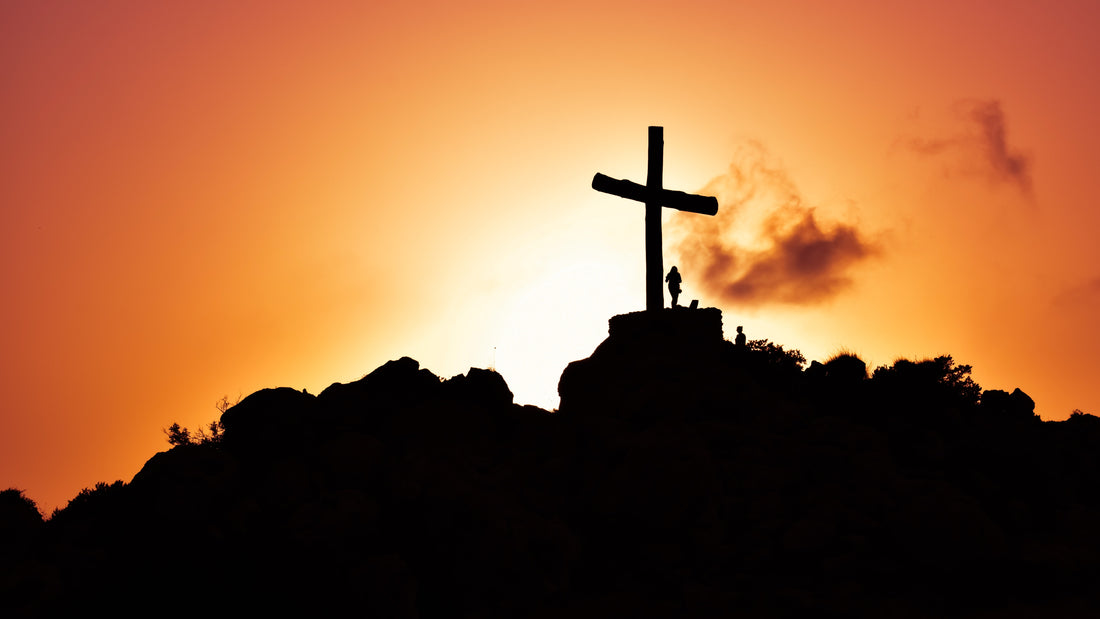
The Great Awakening: Religious Revivals and Their Impact on Early America
Share
The Great Awakening was a period of intense religious revivalism that swept across the American colonies in the mid-18th century. The movement, which was characterized by a renewed emphasis on individual piety and personal conversion, had a profound impact on American society, culture, and politics, laying the foundation for the religious and cultural diversity that is a hallmark of modern America.
Origins of the Great Awakening
The Great Awakening was sparked by a number of factors, including the increasing secularization of colonial society, the rise of Enlightenment thinking, and the growing influence of new religious movements such as the Methodists and Baptists. The movement was led by a number of charismatic preachers, including George Whitefield and Jonathan Edwards, who preached to large crowds of people across the colonies, calling on them to embrace a personal relationship with God and to reject the formalism and hierarchy of traditional churches.
Impact of the Great Awakening
The Great Awakening had a profound impact on American society and culture, laying the foundation for the religious and cultural diversity that is a hallmark of modern America. The movement helped to break down traditional barriers between different denominations, promoting the idea that salvation was open to all, regardless of their background or social status. This message of inclusivity and equality helped to inspire a sense of unity and shared purpose among the colonists, and played a key role in the development of American identity.
The Great Awakening also had a significant impact on American politics, helping to promote the ideals of liberty, individualism, and self-determination that would later become central to American democracy. The movement helped to inspire a sense of individual responsibility and moral obligation, promoting the idea that every individual had a role to play in the creation of a just and virtuous society.
Legacy of the Great Awakening
The legacy of the Great Awakening continues to shape American society and culture today, with its impact felt in politics, religion, and social movements. The movement helped to lay the foundation for the religious diversity that is a hallmark of modern America, promoting the idea that all individuals were equal in the eyes of God, regardless of their background or social status.
The Great Awakening also played a key role in the development of American democracy, inspiring a sense of individualism, self-determination, and moral obligation that would become central to American political identity. The movement helped to promote the ideals of liberty, equality, and justice, laying the foundation for the civil rights movement, feminist movement, and other social justice movements that would later shape American history.
Challenges and Controversies
The Great Awakening was not without its challenges and controversies, however. The movement was often criticized for its emotionalism and emphasis on individual experience over traditional religious practices and institutions. Some critics argued that the Great Awakening was promoting a dangerous form of individualism that could undermine social cohesion and stability.
The movement also had a significant impact on Native American communities, with many tribes experiencing forced conversions and cultural assimilation as a result of the movement's missionary efforts. This legacy of cultural imperialism and religious coercion remains a controversial and contested aspect of the Great Awakening.
Conclusion
The Great Awakening was a period of intense religious revivalism that swept across the American colonies in the mid-18th century, laying the foundation for the religious and cultural diversity that is a hallmark of modern America. The movement helped to break down traditional barriers between different denominations, promoting the idea that salvation was open to all, regardless of their background or social status.
The Great Awakening also had a significant impact on American politics and culture, inspiring a sense of individualism, self-determination, and moral obligation that would become central to American identity. However, the movement was not without its challenges and controversies, and its legacy remains a topic of debate and discussion among historians and scholars.
Despite its challenges and controversies, the Great Awakening remains an important chapter in American history, demonstrating the power of religion to inspire social and cultural change. The movement helped to promote the ideals of liberty, equality, and justice, laying the foundation for the civil rights movement, feminist movement, and other social justice movements that would later shape American history.
The legacy of the Great Awakening also remains relevant today, as Americans continue to grapple with questions of faith, identity, and social justice. The movement's emphasis on individualism and personal experience has influenced a wide range of religious and cultural movements, including the rise of evangelical Christianity, the countercultural movements of the 1960s and 70s, and the current wave of interest in spirituality and mindfulness.
As Americans continue to navigate the complex intersections of faith, politics, and culture, the legacy of the Great Awakening serves as a reminder of the power of religion to shape social and cultural change, and the importance of promoting inclusive and egalitarian values that recognize the inherent worth and dignity of all individuals.